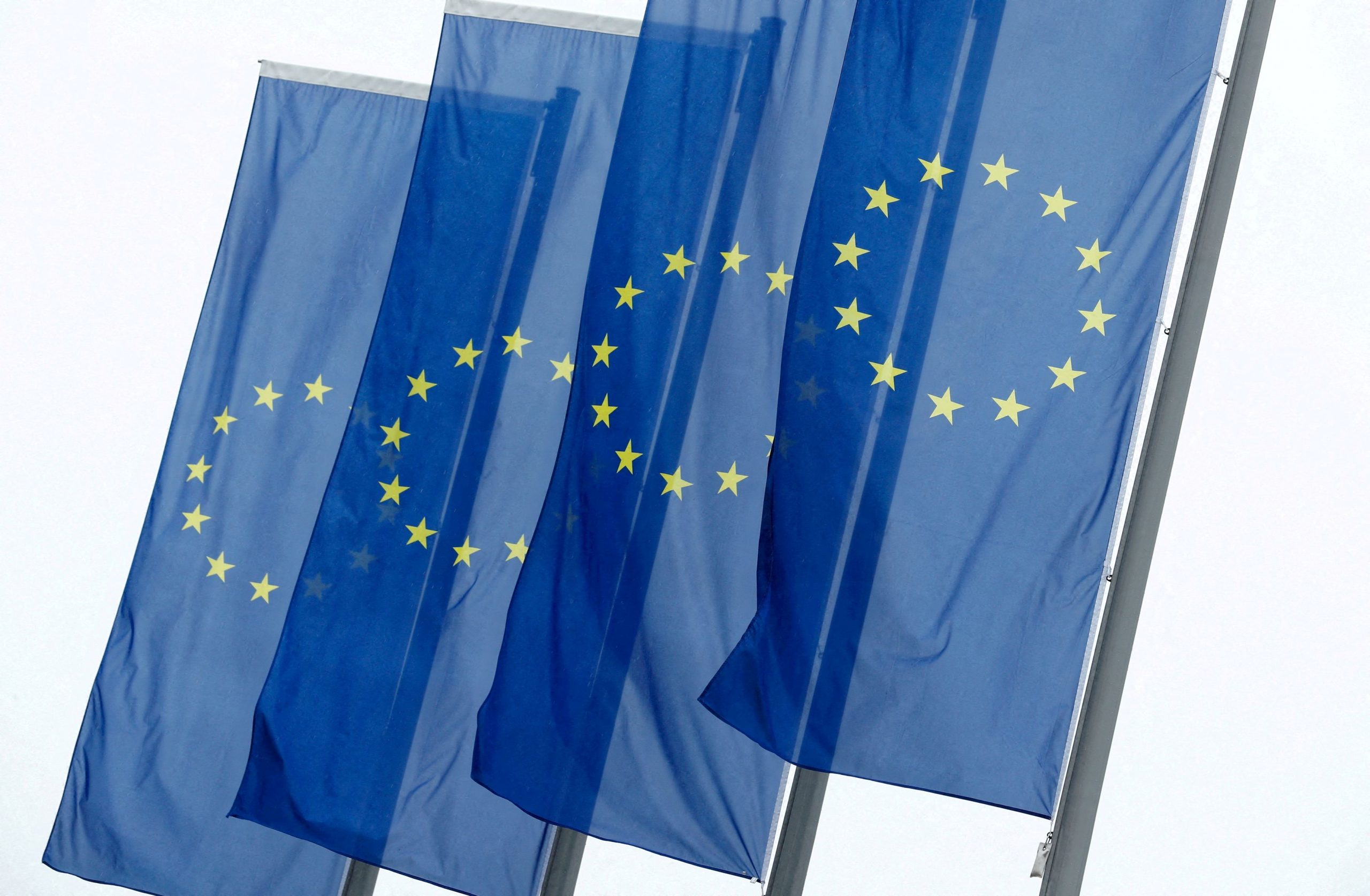The Spanish Presidency of the Council of the European Union announced through a post on social media that the European Council and European Parliament have come to an agreement on the five files of the EU New Pact on Migration and Asylum.
The “breakthrough” is designed to improve the EU migration and asylum system, which has been hotly debated by EU Member States for years.
Irregular migration flows, starting with the 2015 migration crisis have fueled populism throughout the bloc and created internal divisions within the EU, particularly between the countries of the south and north of Europe.
Southern European countries have been most impacted by migration flows and demanded financial and technical assistance over the years to enable better border protection, as well as a system to share the burden of irregular migrants.
European officials have noted the importance of brokering a deal on the highly contentious issue well ahead of the upcoming European elections in June 2024 in order to further preserve the unity of the bloc. Meanwhile, the Spanish Presidency has expressed its commitment to working on this and all issues up until the very last minutes of its Presidency on December 31, 2023.
@eu2023es delivers 🤝@EUCouncil and @Europarl_EN reach breakthrough in the reform to improve the EU migration and asylum system.
A political agreement has been reached on the five files of the EU new Pact on Migration and Asylum.#EU2023ES pic.twitter.com/Fr70DGFZzM
— Presidencia española del Consejo de la UE (@eu2023es) December 20, 2023
Commenting on the news, EU Commission Vice President for Promoting our European Way of Life Margaritis Schinas said on X, “It’s been a long road to get here. But we made it. Europe is finally delivering on migration.”
All of the pieces are falling into place.
We have a breakthrough on the 5 key pillars of the Pact on Migration and Asylum.
It’s been a long road to get here. But we made it.
Europe is finally delivering on migration. pic.twitter.com/dfXCzPw4ow
— Margaritis Schinas (@MargSchinas) December 20, 2023
His post shows that an agreement has been reached around Screening, Asylum Procedures, EURODAC, Asylum and Migration Management and Crisis Regulation. However, many other “pieces of the puzzle” remain open for discussion.
Recall that the objective of the New Pact is to balance the safety of those who need internal protection with the capacity of countries to offer this protection. The framework does not cover integration, which falls under the auspices of Member States’ domestic policies.
The Migration and Asylum Package was adopted on 23 September 2020 and aims to achieve more effective screening procedures, improve the management of Schengen and external borders, promote solidarity, create legal pathways to the EU, forge international partnerships, and create a flexible and resilient migration management system.
The agreement has been criticized by NGOs, which sent an “eleventh-hour” open letter signed by 50 organizations expressing their concerns that the new system will create an “ill-functioning, costly and cruel system that falls apart on implementation and leaves critical issues unaddressed.”



